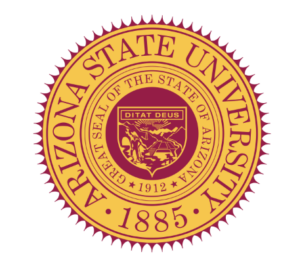Transforming Masters-Level Engineering Education through Industry Partnerships, Principled Engineering, and Experiential Learning
Engineering shapes nearly every aspect of modern life, from artificial intelligence to smartphones and online retail. Yet many graduate engineering programs prioritize technical training, offering limited preparation in ethics, leadership, or effective collaboration across disciplines. As a result, engineers may be underprepared to address real-world societal challenges. This National Science Foundation Innovations in Graduate Education (IGE) award to Arizona State University supports a bold redesign of graduate engineering education that reflects the complexity of modern engineering practice and prepares students to lead ethically and effectively in service of industry and society. The project addresses both workforce development and institutional capacity-building needs in graduate education.
The Track 1 IGE award supports an initiative that integrates industry-engaged mentorship, ethical development, and industry experiences as core components of STEM professional training. It expands graduate pathways through multiple entry points, structured exit options, and stackable credentials that are designed to meet the needs of today’s learners. Students will engage in stakeholder-informed projects while developing core competencies such as decision-making, civic leadership, and interdisciplinary problem-solving. The project is designed to provide graduate students in STEM opportunities to develop skills, knowledge, and core competencies needed in STEM careers.
The initiative includes a redesign of Arizona State’s existing Master of Science in Engineering program and the launch of a graduate certificate in Principled Engineering Leadership, open to all engineering graduate students. The program integrates interdisciplinary coursework, multi-level mentoring networks, short-term industry residencies, and stakeholder-engaged capstone projects. Students will document their training through digital portfolios. Faculty and industry partners will collaborate to strengthen mentoring practices through structured training and peer exchange. Mentorship quality, student learning, and long-term career impacts will be evaluated, and findings will guide continuous improvement and support scalable models. By aligning technical expertise with ethical and civic learning, the project will prepare the next generation of engineers to navigate complexity and advance the nation’s STEM enterprise.
This award reflects NSF’s statutory mission and has been deemed worthy of support through evaluation using the Foundation’s intellectual merit and broader impacts review criteria.

